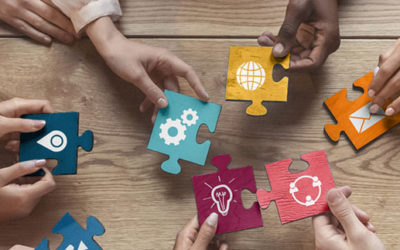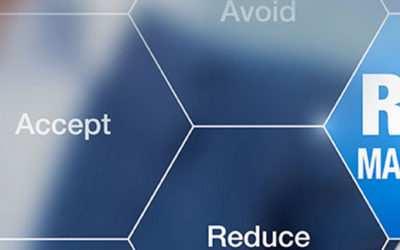Sustainable Development Powered by AI
The advent of Artificial Intelligence (AI) and its increasing impact on several industries requires considering its effect in achieving the Sustainable Development Goals (SDGs). As digital technologies rapidly evolve, it is important to seek alternative ways to measure the SDGs’ achievement – methods that align with this pace of new digital paradigms. Particularly in the context of the COVID-19 pandemic that has undoubtedly affected all aspects of the SDGs, a 2020 Nature Communications journal article indicates that AI may act as an enabler on 134 targets (79%) across all SDGs through technological improvement and may help overcome certain present limitations.
Our SHEQX (Health, Safety, Environment and Quality) management solution aggregates SHEQ data in a single, auditable database and manages analysis and reporting effectively, ensuring effective compliance and a more robust approach to corporate sustainability.
What are the SDGs?
The Sustainable Development Goals (SDGs) are a global appeal to promote a better and more sustainable future. They highlight that eradicating poverty should be accompanied by strategies that build economic growth, address social issues such as education, health and unemployment, and tackle climate change and ecological conservation. The SDGs were adopted by the United Nations (UN) in 2015 and with the idea that by 2030, all people can experience peace and prosperity.
There are 17 SDGs:
- No poverty
- Zero hunger
- Good health and wellbeing
- Quality education
- Gender equality
- Clean water and sanitation
- Affordable and clean energy
- Decent work and economic growth
- Industry, innovation and infrastructure
- Reducing inequality
- Sustainable cities and communities
- Responsible consumption and production
- Climate action
- Life below water
- Life on land
- Peace, justice and strong institutions
- Partnerships for the goals
The SDGs are integrated – recognising that the action in one area affects that in others and that for successful development, there should be a balance in social, economic and environmental sustainability. The collaboration of creativity, knowledge, technology and financial resources from all countries is vital in achieving SDGs in all contexts.
AI in achieving SDGs
In global efforts towards sustainability and meeting the UN SDGs, AI can be a powerful tool for a circular economy and more sustainable living. The application of AI and other digital technologies needs to be adapted to the situation of each country and the most urgent SDGs within those. Below are a few areas in which AI can be used in the world’s journey towards achieving the SDGs:
Ecological conservation
SDGs 14 and 15 refer to the protection of water and land life, respectively. AI-powered technologies can create automated processes that gather remote sensing data about biodiversity. This data is valuable in identifying patterns in species behaviour. The management of protected areas can be more effective through a clearer understanding of these behaviours.
Equality and emotions
SDGs 5 and 10 refer to issues of equality. Organisations can leverage AI automating to address challenges of equity and diversity to create a more empathetic and inclusive environment for all global citizens. An example is presented by a McKinsey report that mentions the work of the Massachusetts Institute of Technology (MIT) Media Lab and Autism Glass – a Stanford research project. It uses AI to detect emotions to guide social signals that help people communicate in social settings within the autism spectrum.
Health issues
A common challenge in the healthcare industry is human error – examples range from incomplete medical records and large patient loads that can lead to fatalities. SDG 3 addresses good health and wellbeing, and AI – unsusceptible to these inconsistencies, can predict and detect illnesses more effectively than most medical professionals.
Altogether, identifying risk is a crucial first step to ensure that the benefits of AI technologies are equitable and sustainable. The NICAID Group range of integrated systems solutions is designed to meet your organisation’s compliance, performance, and overall sustainability requirements. As your partner, we have the power and awareness to innovate AI technologies.



